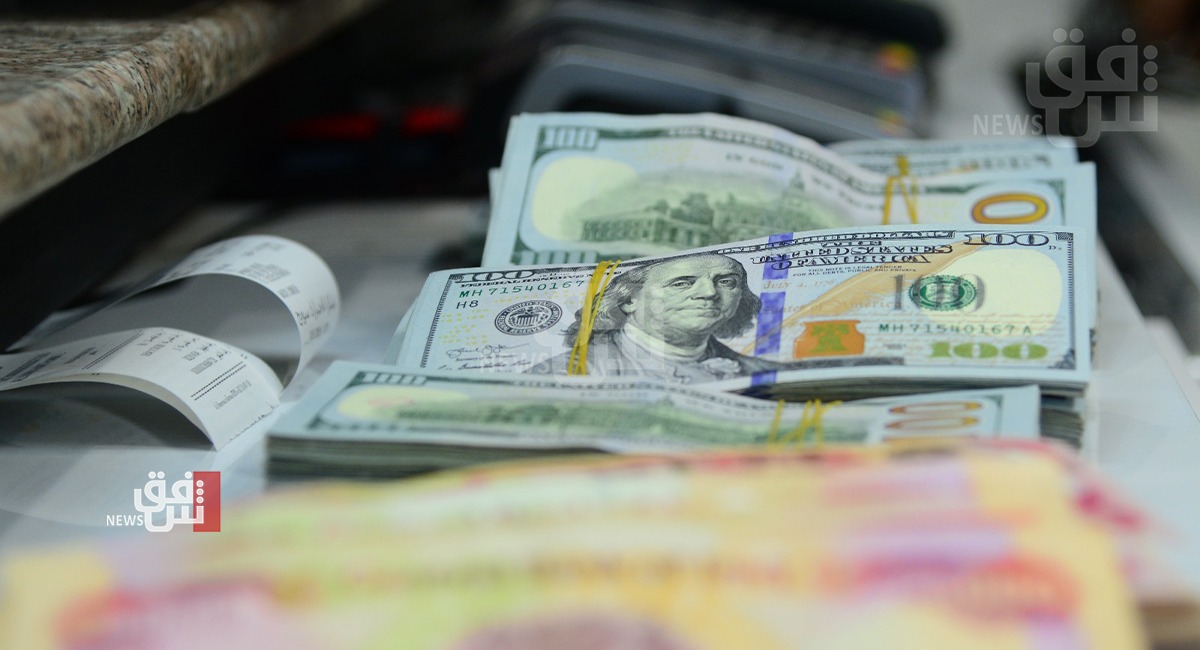Expert says the impact of Silicon Valley bankruptcy on Iraq is overstated

Shafaq News/ Iraqi economic expert Mahmoud Dagher has dismissed concerns over the potential negative impact of the bankruptcy of the American bank "Silicon Valley" on the country's financial sector.
Dagher, who previously served as the Director of Debt Management at the Central Bank of Iraq, told Shafaq News agency on Monday that "the bankruptcy of Silicon Valley bank has no relation or impact on the financial situation in Iraq, and the bankruptcy of a bank in capitalist countries is not uncommon."
"Bankruptcy of any bank is a result of decisions taken that are not in line with the financial reality, which is known as the corrective process to prevent excessive lending or borrowing, or paying incentivized interest rates," Dagher said.
"The United States is the mother of all banks. It has the strongest economy in the world. Corrective processes are not unusual for its banks," he added, "in 2008, the US banking system collapsed, and yet the American economy did not."
"Some banks might hyperbolize without taking into account their competitors," he explained, "unlike in Iraq, bankruptcy does not necessarily mean they have nothing left, it is a sharp drop in deposits, and they need someone to prop them up. The bank will be assisted by the US Deposit Insurance Corporation."
U.S. authorities launched emergency measures on Sunday to shore up confidence in the banking system after the failure of Silicon Valley Bank threatened to trigger a broader financial crisis.
After a dramatic weekend, regulators said the failed bank’s customers will have access to all their deposits starting Monday and set up a new facility to give banks access to emergency funds. The Federal Reserve also made it easier for banks to borrow from it in emergencies.
While the measures provided some relief for Silicon Valley firms and global markets on Monday, worries about broader banking risks remain and have cast doubts over whether the Fed will stick with its plan for aggressive interest rate hikes.
The wider efforts to avert a crisis lifted Wall Street stock futures in Asian trade on Monday, helping broader markets.
Lingering concerns about the financial sector weighed on bank shares in Asia, with Japan's Mitsubishi UFJ hitting a two-month low and Singapore's DBS a four-month low. Hong Kong shares of HSBC and Standard Chartered pared early losses to trade near-flat.
European stock markets fell 0.6% in early trade, while banking stocks fell just over 1%. U.S. stock futures were higher. Asian shares outside Japan climbed over 1% while the blue-chip Nikkei tumbled 1%.
The Biden administration's intervention underscores how a relentless campaign by the Fed and other major central banks to beat back inflation is putting stress in the financial system and global markets.
Silicon Valley Bank (SVB), a mainstay for the startup economy, was a product of the decades-long era of cheap money, with unique risks that made it especially vulnerable. But as a run on the bank ensued last week, worries that other regional banks shared similarities spread quickly.
With the Fed poised to continue raising rates, investors said the financial system may not be fully out of the woods yet.
The collapse of SVB - the largest bank failure since 2008 - sparked concerns over whether small-business clients would be able to pay their staff, with the FDIC only protecting deposits of up to $250,000.
Some 89% of SVB's $175 billion in deposits were uninsured as of the end of 2022, according to the FDIC.
All depositors, including those whose funds exceed the maximum government-insured level, will be made whole, according to a joint statement by U.S. Treasury Secretary Janet Yellen, Fed Chair Jerome Powell and Federal Deposit Insurance Corp Chair Martin Gruenberg on Sunday evening.
A senior U.S. Treasury official said the actions taken would protect depositors, while providing additional support to the broader banking system, but officials and regulators were continuing to monitor financial system stability.

